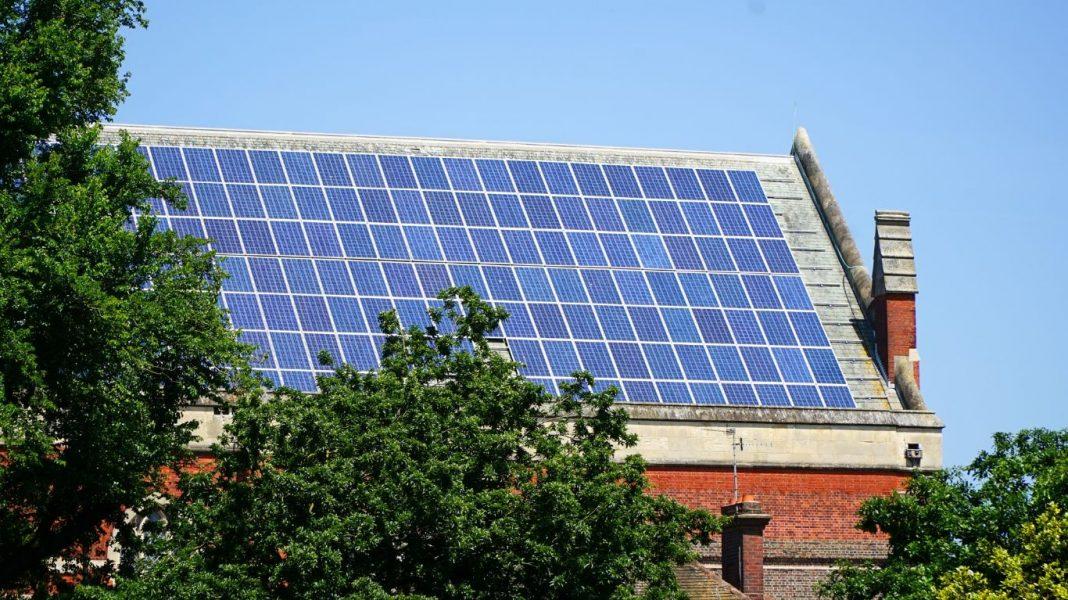British households are embracing green energy enhancements in larger numbers than ever before, marked by a surge in installations of solar panels and heat pumps during the first half of this year, according to the official industry standards body.
Industry statistics reveal that June witnessed a higher count of green energy installations than in previous years.
On average, more than 17,000 households per month adopted solar panels this year, while the installation of heat pumps crossed the 3,000 mark per month for the first time, as indicated by the provided data.
Each month in 2023 has set a new record for battery technology installations, consistently surpassing the previous month, leading to a cumulative count of over 1,000 batteries installed across UK homes and businesses thus far this year.
The industry’s accreditation authority, MCS, has stated that this surge in green energy adoption is positioning households to exceed the previous record set in 2012 when many rushed to install solar panels before government incentives were scaled back.
MCS CEO Ian Rippin remarked, “As energy costs continue to rise, an increasing number of individuals are turning to renewable technologies to generate their own power and warmth at home.”
The combined capacity of small-scale renewable energy systems in homes and businesses throughout the UK has now reached 4 gigawatts (GW), surpassing the capacity of the under-construction nuclear plant at Hinkley Point and nearly doubling the capacity of Europe’s largest gas power plant in Pembroke, Wales.
Rippin added, “We must continue driving this expansion to meet our shared national goal of achieving net zero by 2050. More consumers now have the confidence to invest in small-scale renewables than ever before, yet we must make this transition even more accessible.”
The UK government has set forth objectives to achieve 70GW of solar capacity by 2035 and to install 600,000 heat pumps annually by 2028. However, the adoption of heat pumps has fallen well below the government’s target, even with £5,000 grants to offset the cost of replacing outdated gas boilers.
MCS data indicates a total of 17,920 heat pump installations during the first six months of 2023. If this pace continues into the second half of the year, heat pump installations would amount to just 6% of the government’s target.
Bean Beanland, External Affairs Director at the Heat Pump Federation, commented that substantial efforts are needed to make heat pump technology mainstream in the remaining years of the decade.
The accreditation body believes that a major hurdle in the government’s heat pump aspirations is the requirement for a sufficient number of qualified and skilled installers to meet the demand for reliable advice and installations.
While 1,500 heat pump installation companies are certified in the UK, an estimated 50,000 workers are needed to fulfill government targets. In 2023, more than 850 new contractors have obtained MCS certification, surpassing the total for the entire year of 2022.
Beanland emphasized, “It’s crucial that the lowest-carbon heating becomes the most affordable option, enabling homeowners and landlords to justify moving away from polluting fossil fuels. Coupled with genuine affordability and future funding arrangements, households can confidently contribute to climate change mitigation at an equitable cost for all.”
